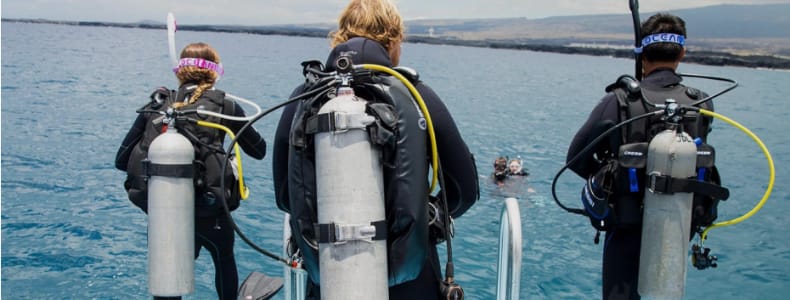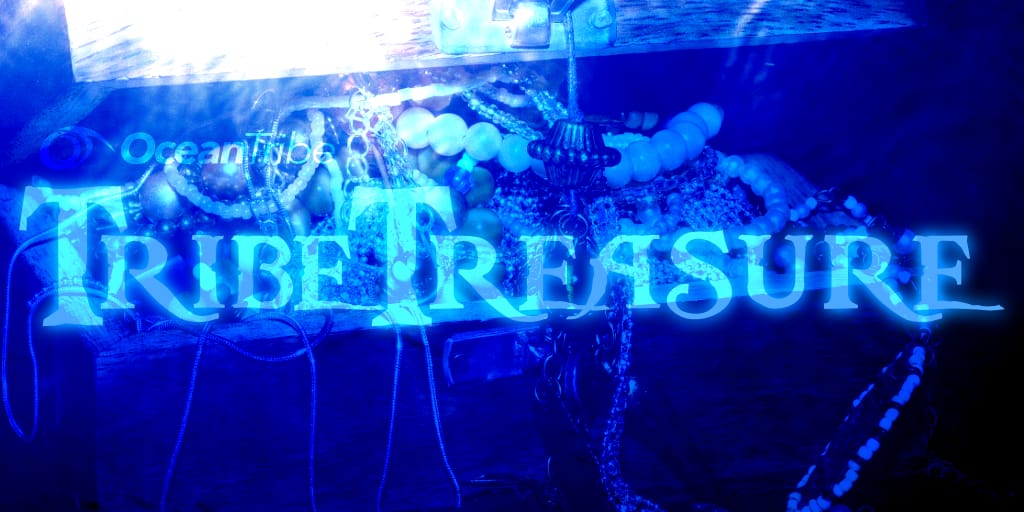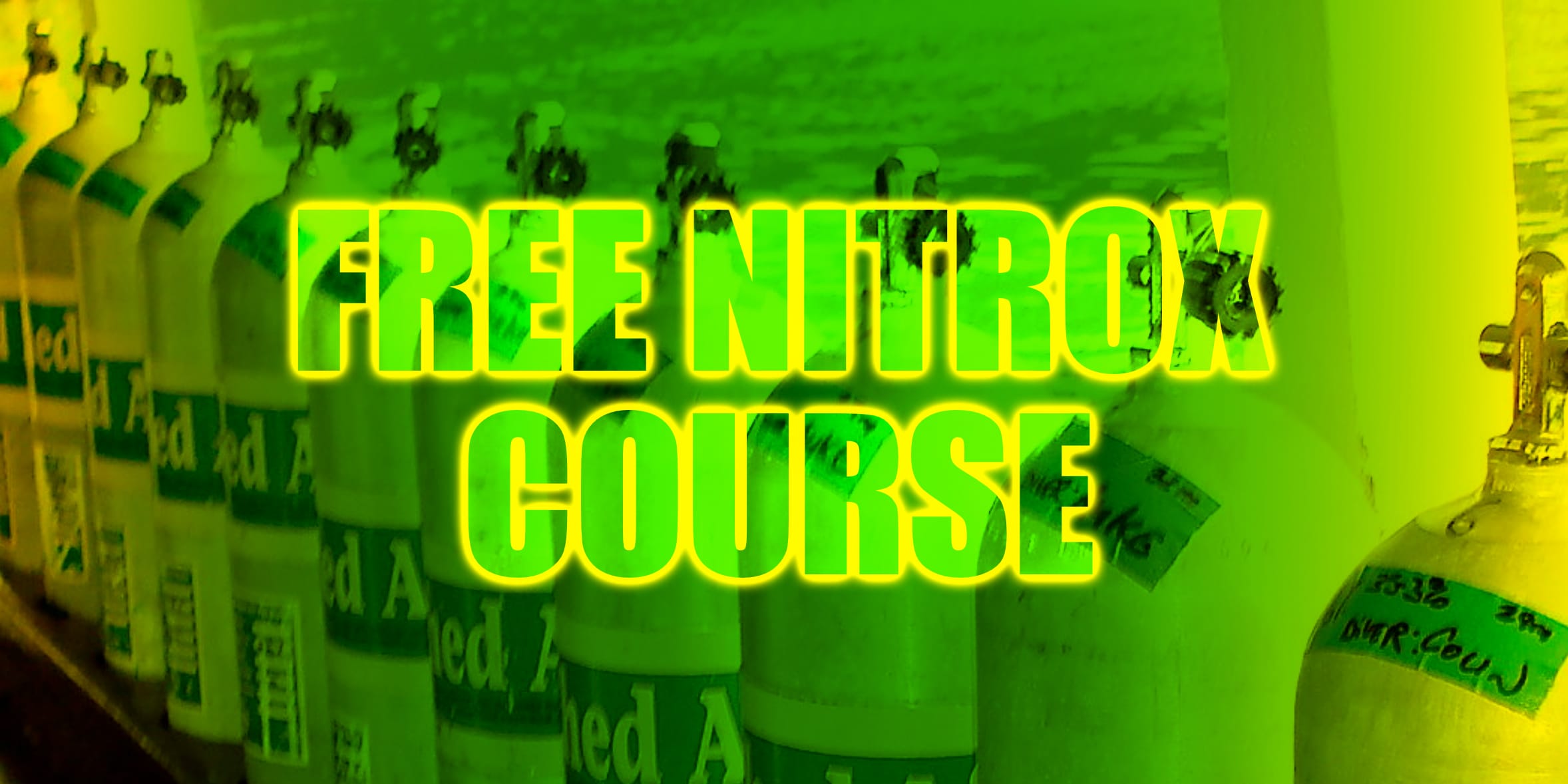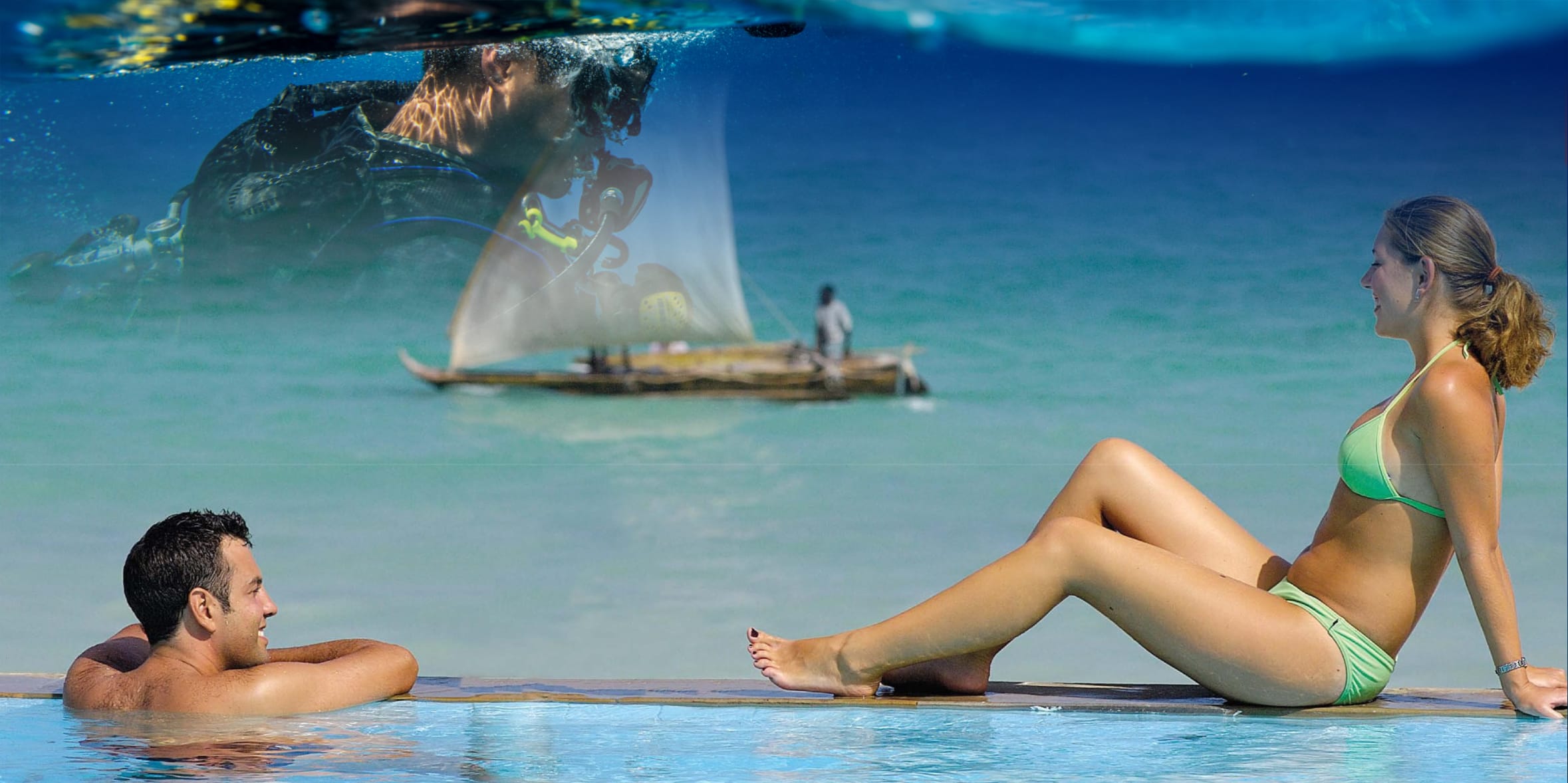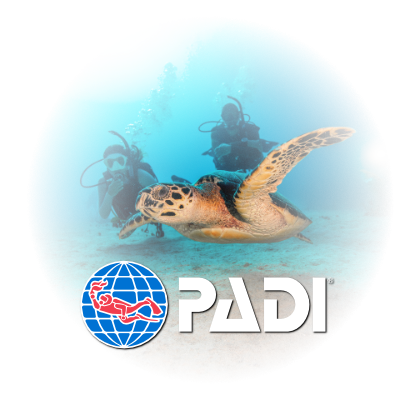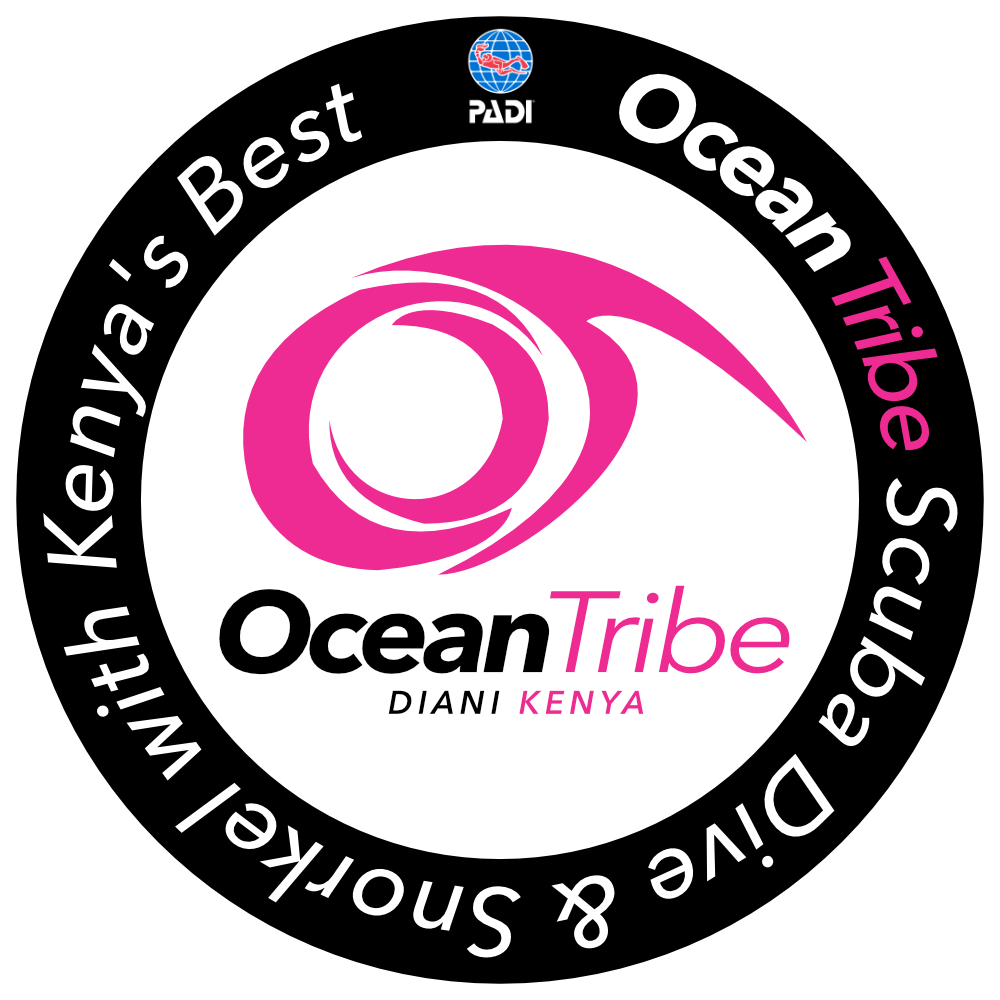How to choose a dive centre in Kenya is a very important process for a diver or potential diver. There are a few operators claiming to be dive centres / diving instructors, yet lacking the qualifications or equipment quality and having no monitoring of their activities. It really breaks our hearts and worries the bejesus out of us when we hear reports from people who have been taken in by these perpetrators. As such we have decided to write a guide to selecting a safe operation to dive with.
What Should I look for When I am Trying to Choose a Dive Centre?
1. When you choose a dive centre, ensure that the dive professionals that are working with you are renewed with a recognised training organisation. They should be able to show you a dive card / digital that displays their name, photo, certification number (which you can verify through PADI or SSI dive apps) and that they are renewed as a dive professional for that year.




2. Check that the dive centre you choose is registered with a training organisation such as PADI or SSI. This can be done by going to the dive centre locator on the PADI website or the Dive SSI app. Dive centres that are registered with training organisations are required to keep up standards regarding equipment, professionals on staff and courses offered and are regularly monitored by the training organisation.
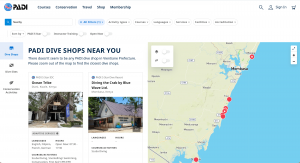

3. Check the dive centre level. When you choose a dive centre, if you are looking for specific training there are only certain dive centres that can offer it. This can be found using the dive centre locators on the training organisations. A guide to the different levels of PADI dive centre can be seen here. Seeing this goes a long way to seeing the commitment the dive centre has to providing quality diver training and experiences.


4. Check the equipment that the dive centre will be giving you to use. A good dive centre has the latest, well-maintained and serviced equipment. This includes tanks within visual and hydrostatic test dates, serviced regulators with octopus, depth gauge and SPGs and BCDs that fit and inflate correctly. Do not go with a dive centre you suspect of using sub-standard gear as it will vastly impede your experience and constitute a serious safety risk.


5. When signing up for a dive trip or a course, make sure that you check what is included. All dive courses will require you to have a NEW set of diver materials /eLearning to keep. Do not sign up for programs where the dive centre/ dive instructor offers to loan you materials for a cheaper price. This is not allowed under any major training agency standards and could result in your certification not being able to be processed. As a point in fact all PADI eLearning programs include the cost of the certification as part of the eLearning, so if eLearning is included there shouldn’t be any extra certification costs. For dive trips ask if equipment included and if so what items of equipment and are there any extra costs.


6. Ask what dive sites you will be going to and whether they will be boat or shore dives. While it is sometimes necessary to go to dive sites which are more easily accessible based on safety, if you are booking in for multiple dive trips, check that they don’t go to the same dive site every day and that you will get a varied and exciting dive schedule. Also check that they follow agency guidelines for depth limitations. A dive centre who will take someone who is not qualified, deeper than they should go without being on a course is breaking agency standards. Be careful.


Remember dive centres cost their diving programs and courses according to their costs and expenses to make the fairest price they can. If someone is offering diving programs for vastly lower prices than others you should question whether all of the above questions are being answered satisfactorily. If you follow the above guidelines you can choose a dive centre in Kenya very easily and have a great diving experience in one of diving’s best kept secrets. It is a cliche to say but in a majority of cases you get what you pay for. Do you really want to go cheap and sub-standard on what is essentially life-support equipment? Keep diving safe and enjoyable. We look forward to welcoming you to diving in Kenya.



